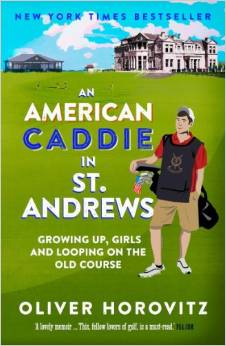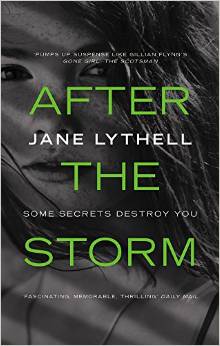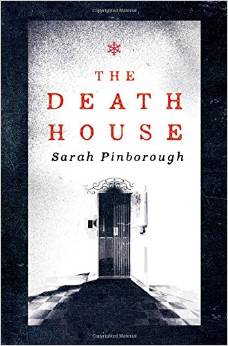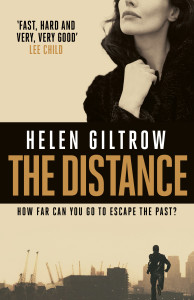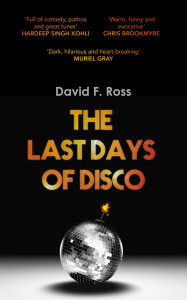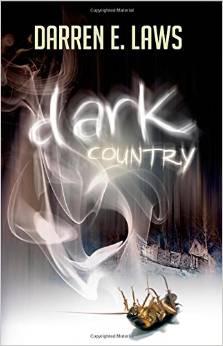Today I am delighted to welcome James Hannah to the blog as we discuss his powerful novel The A-Z of You and Me.
We so-often hear that writers are advised to ‘Write about what you know.’ Have you drawn upon personal experiences for The A-Z of You and Me?
Indirectly. The point of working with a pre-existing structure – or rather, two of them, the alphabet and the body – was to render personal experiences largely redundant. I simply had a set of questions to answer:
Why would anyone be playing this A to Z game?
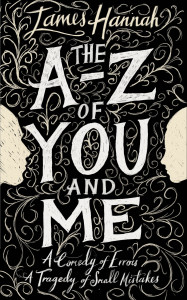 Answer: My character wants to occupy his mind with stories.
Answer: My character wants to occupy his mind with stories.
Why?
Answer: Because he’s anxious.
Why?
Answer: Because he’s dying.
Why?
It was from these and subsequent questions that the story began to tell itself, without having to rely on any personal input from me.
However, I did find that the personal experiences began to accompany and attend to the main plot as I went along. The Amber and Sheila subplots in particular started to encroach on the main plot and see it on its way, and came from experiences I was going through as I was writing the book. But these experiences were by necessity reduced to their essential emotional drivers, which hopefully then makes them universal and relatable: they really could be happening to anyone – as indeed they probably will, to everyone, in some form.
How long did it take to bring The A-Z of You and Me from your original idea to now (the week of publication)?
My first notes were on 20 March 2008, so that’s very nearly seven years. But I’ve done a lot of other things too.
Can you share with us how it feels to see your first novel unleashed into the world?
I suppose I was hoping for positive responses and anxious about negative ones – but I’ve been surprised and moved by the depth of feeling and emotional openness with which some people have responded. Which is stupid of me really, because that’s what I set out to achieve. I feel a great deal of responsibility for working with subjects that have the potential to reactivate some difficult memories for readers.
I am trying to avoid plot spoilers, however, it is fair to say that this is not always a happy carefree story. How hard was it to find a balance against Ivo’s bleak situation and yet retain the “Comedy of Errors” element which lightens the story?
A great many people (a majority of people I know) tend to leaven extreme situations with humour. Humour is rarely far away from even the bleakest situation, because often humour is the very expression by one person to another of how very sad a given situation is. And it’s togetherness that almost inevitably creates opportunities for cheerfulness, even in the most utterly hopeless of circumstances.
Every town’s hospice has its name circulated in doomy whispers: “You don’t want to end up in St Andrew’s or St Leonard’s or St Catherine’s . . .” But when you get there, they can be places of great relief, togetherness and no little humour.
So it was, if not simple, then at least a straightforward task to give this book as much lightness and ease as I could. I used the working title of the book (‘The Body Comedy’) as an aide memoire to keep it funny wherever possible. Of course the end result is not quite comedy (as far as I can tell), but it creates poignancy and relief.
Much of the story is told through flashbacks as Ivo recalls significant events in this life. He does not sugar coat his past and the picture we get is of a man who believes that he has made mistakes. Did you try to make Ivo a flawed character or do you see him as a relatively typical guy who perhaps did not always made the best of the opportunities that arose?
Quite a few people have found Ivo to be immature for a 40 year old, which I find interesting. I see Ivos everywhere, in any friendship group. People in their late teens and twenties do stupid things and don’t look after themselves. There are entire industries founded on this constant. And it’s so common to see older men and women than Ivo sporting the styles they identified with in their teens and twenties.
As far as Ivo is concerned, when you use first-person narrative you see all of your character’s thoughts, good and bad, and so for me a fully-rounded, truthful character is always going to be flawed.
As for Ivo not making the best of the opportunities that arise, that is true, but I would also point out that he has no effective support and no role models.
I keep returning to the adage that you can choose your friends but not your family: I don’t think this is true at all. It can require deep personal resources to actively choose friends – it is far easier to remain inert with the default group of people. Ivo’s greatest challenge is to successfully make that leap of aspiration to Mia’s way of life.
I felt the three characters that brought out the best side of Ivo were Mia, Sheila and Amber – each countering the seemingly negative influence of Ivo’s group of friends. What did you want to be the single most important thing that each of these three women bring to Ivo?
I agree that these three bring out the best in Ivo, but I must admit, I didn’t set out for them to bring any qualities to him; it was when I brought them all together in improvisation that he seemed to drink up their presence, like they were nourishing him with something he desperately needed.
All three women demonstrate active characteristics – whereas Ivo is sunk by a passivity brought about by uncertainty, anxiety and plain circumstance. Ivo has a saving grace in his kindness and gentle perceptiveness; he wants to come out of himself, but he just doesn’t know how. I think Mia in particular sees that and seeks to nurture it. I have a sense that Mia thinks she can save Ivo from himself and his friends.
Was the body A-Z element always to be included or did that arrive during the writing process? Specifically I am keen to know if you started with a list of body parts and built the story around these or if you adapted a draft to include them?
This novel started out as a high-concept attempt to write a Gray’s Anatomy – an anatomical dictionary – in which the body described turned out to have a coherent narrative. So the alphabetical body parts were there from the beginning.
I wanted to let the body parts dictate where the story was going to go, and thereby create a narrative that was hard-wired into every reader’s experience. Everybody, for example, has sat too heavily on their coccyx and wanted to die; everybody has split their earlobe by wrenching off a tight-necked jumper . . . haven’t they? So The A to Z of You and Me started out as my attempt to write everybody’s story. Eventually though, Ivo’s story began to take over, and I let it do so.
I didn’t actually have a list of body parts to begin with, but in certain areas of the alphabet, there are only so many places you can go, so I started there. It’s very easy to break the unspoken bond of trust with the reader; if I had a chapter called ‘xiphoid process’ people wouldn’t see the artifice in what I’m doing, and lose interest.
Which authors do you find inspiring?
It changes. Roddy Doyle. Kurt Vonnegut. Derek Jarman. Bill Watterson. JK Rowling. Samuel Beckett. Stewart Lee. Maya Angelou. Eimear McBride. Dennis Potter. Roald Dahl. Douglas Adams. But some years authors I’ve really admired don’t move me at all. Susan Barker’s ‘The Incarnations’ is the best book I’ve read in recent times.
 When writing do you have to set yourself daily word count targets or do you block out time specifically to work on a project?
When writing do you have to set yourself daily word count targets or do you block out time specifically to work on a project?
I’ve really only finished this one novel, and it employed such a spectacularly uneconomical method, and took me such a very long time, I couldn’t present my writing method as anything other than ill-advised. I wrote in the only time I had, which was the last twenty minutes before going to bed, and now that’s the only time I can write in. It’s a problem.
Can you tell us what comes next from James Hannah?
I’m a husband and father, so I’m going to spend a reasonable time just being a husband and father.
My most sincere thanks to James.
The A-Z of You and Me is published by Doubleday and is available from 12th March in Hardback and in digital format.
 What if you realized the book you were reading was all about you?
What if you realized the book you were reading was all about you? 